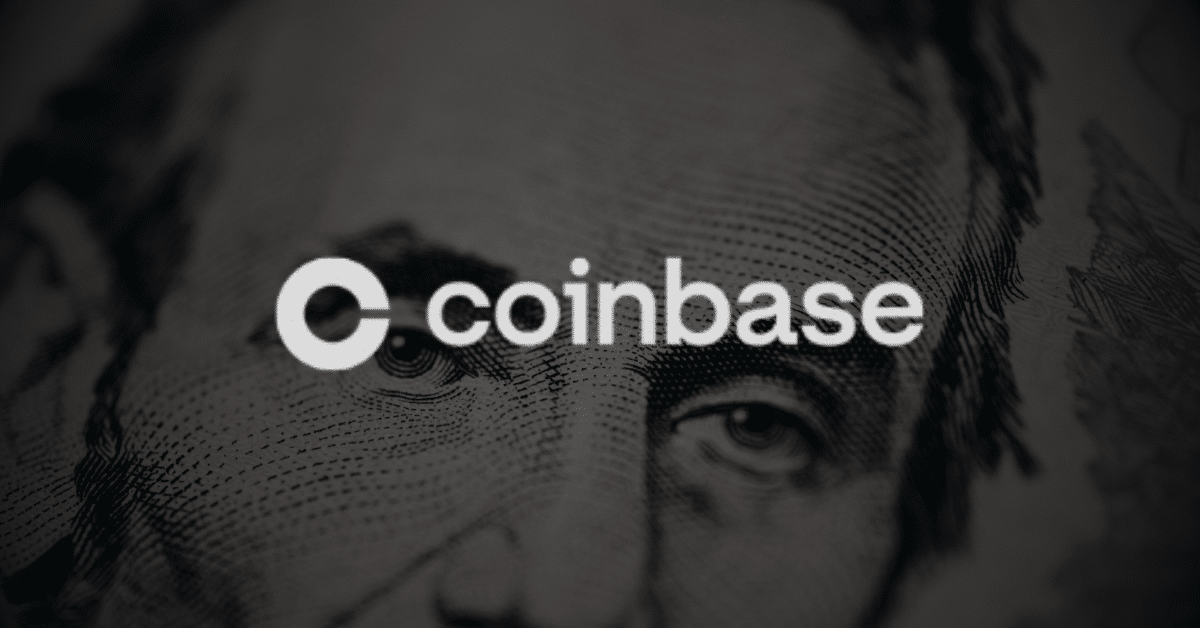Key Takeaways
- New York Listed Asian firm DDC Enterprises has joined the Bitcoin bandwagon by announcing plans to acquire 5,000 Bitcoins over the next three years.
- The firm has initially purchased 21 Bitcoin, signaling a significant shift toward digital assets in the food retail sector.
- DDC’s CEO believes the company’s Bitcoin reserve strategy will significantly enhance shareholder value by diversifying the company’s investment portfolio.
An NYSE-listed Asian food company, DDC Enterprises, offering services across the US and Mainland China, has made a bold move. It plans to purchase 5,000 Bitcoin over the next 36 months and started off with a notable 21-bit purchase.
According to a report by Foresight News, DayDayCook, the cross-border consumer goods e-commerce group announced its first-ever acquisition of Bitcoin, part of the firm’s plan to begin a Bitcoin reserve strategy. The purchase, which cost at least $2.28 million, was executed via an equity exchange involving the issuance of over 254,333 shares of Class A common stock.
Long-Term Commitment to Bitcoin
In a letter written to shareholders by the company’s founder, Norma Chu, DDC Enterprise will buy an additional 79 Bitcoins within the next few days to bring its total Bitcoin holdings to 100. Chu further stated that the company planned to accumulate up to 500 bitcoins within six months and reach 5,000 over the next three years. Revealing further details, she said the move reflected the company’s long-term commitment to initiating a Bitcoin reserve strategy into its financial structure. She stated in the press release:
“Today marks a pivotal moment in DDC’s evolution. As the first female founder of a US publicly traded company to spearhead a Bitcoin-only treasury strategy, I am energized by the immense potential this initiative holds for our shareholders.”
Growing Interest in Bitcoin
DDC Enterprise now joins a growing list of companies exploring the integration of cryptocurrencies into their treasury strategies. The decision is part of a broader trend by corporations adopting the Bitcoin Reserve strategy plan. Among the most prominent players in this field are MicroStrategy, Tesla, and Block (formerly Square), which have famously added significant amounts of Bitcoin to their balance sheets.
According to experts, their motivations vary, including treasury reserve assets, BTC’s investment potential, balance sheet diversification, and strategic alignment. While DDC Enterprise operates within the e-commerce field, the decision to join the Bitcoin bandwagon highlights the growing interest in Bitcoin by firms other than those in the tech and financial sectors. Moreover, the firm’s dual presence in the US and China introduces an interesting layer, given that the two countries offer diverse regulatory landscapes as far as crypto in their regions.
Conclusion
The decision by DDC Enterprise to acquire 5,000 BTCs as a part of its Bitcoin reserve strategy signals a potential turnaround for the firm and the broader institutional landscape for embracing cryptocurrencies. The increasing acceptance of digital assets and the ongoing developments in regulatory frameworks attract more players into the Bitcoin space as more firms assess its lasting impact on shareholder value and market dynamics.
Frequently Asked Questions
What is a Strategic Bitcoin Reserve?
A Strategic Bitcoin Reserve is a designated accumulation of Bitcoin (BTC) held by a government, institution, or corporation to secure financial stability, hedge against inflation, and reinforce economic sovereignty.
Are there risks associated with a Strategic Bitcoin Reserve?
Primary risks include Bitcoin’s market volatility, cybersecurity threats, regulatory uncertainties, and potential political opposition domestically or internationally.
Is a Bitcoin Reserve a Good Idea?
Securing a Bitcoin reserve can enhance monetary resilience, accelerate adoption, and demonstrate a forward-thinking financial strategy. It helps governments and institutions hedge against fiat debasement and increases their credibility amid rising sovereign debt and central bank distrust.























